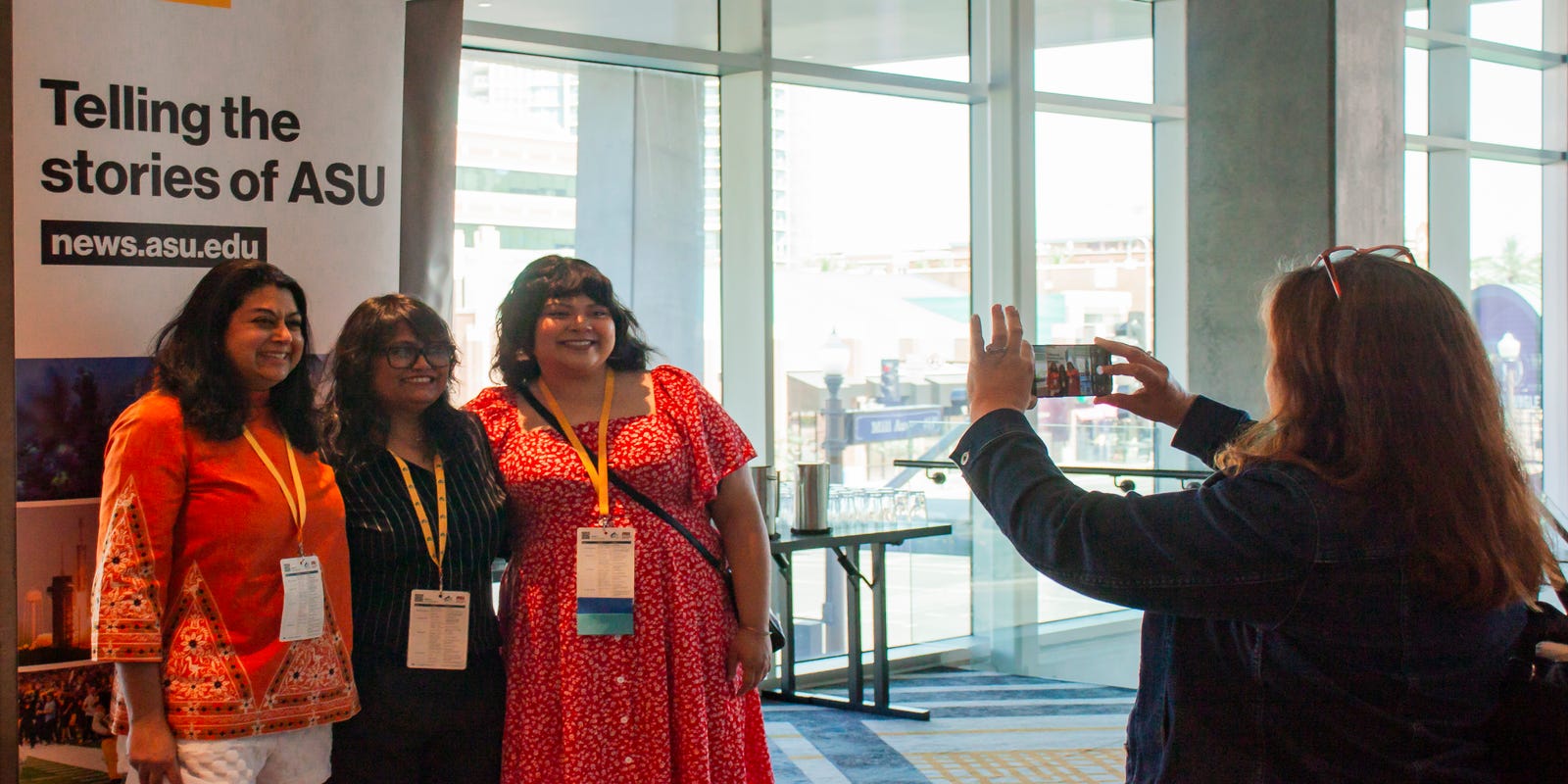From Barren to Brilliant: Phoenix Eco-Warriors Breathe New Life into Rio Salado

Breathing New Life into the Rio Salado: A Visionary Ecosystem Transformation
The Rio Reimagined project stands as an ambitious environmental and community revitalization initiative, targeting the heart of the Rio Salado corridor. This groundbreaking effort aims to restore the river's ecological balance while simultaneously fostering economic opportunities and social connectivity.
By focusing on comprehensive ecosystem restoration, the project seeks to create a vibrant habitat that supports diverse wildlife and native plant species. The innovative approach goes beyond traditional conservation, integrating ecological renewal with sustainable urban development. Through carefully planned interventions, the Rio Reimagined team hopes to transform the river's landscape into a thriving, interconnected ecosystem that benefits both nature and local communities.
The project's holistic vision promises to reconnect urban residents with their natural environment, creating green spaces that promote biodiversity, enhance local economic prospects, and improve overall quality of life. As a testament to forward-thinking environmental stewardship, Rio Reimagined represents a bold blueprint for urban ecological restoration in the 21st century.
